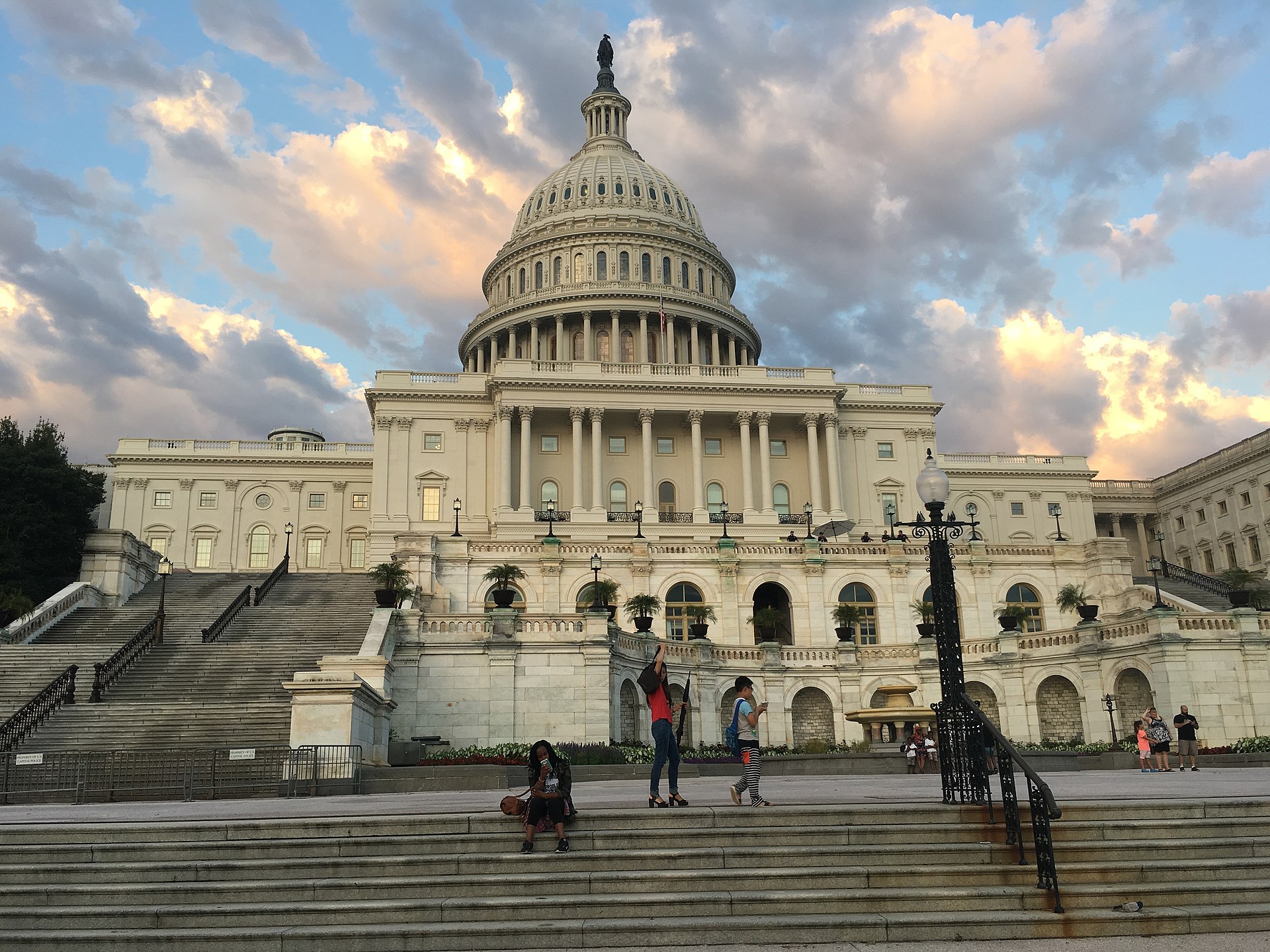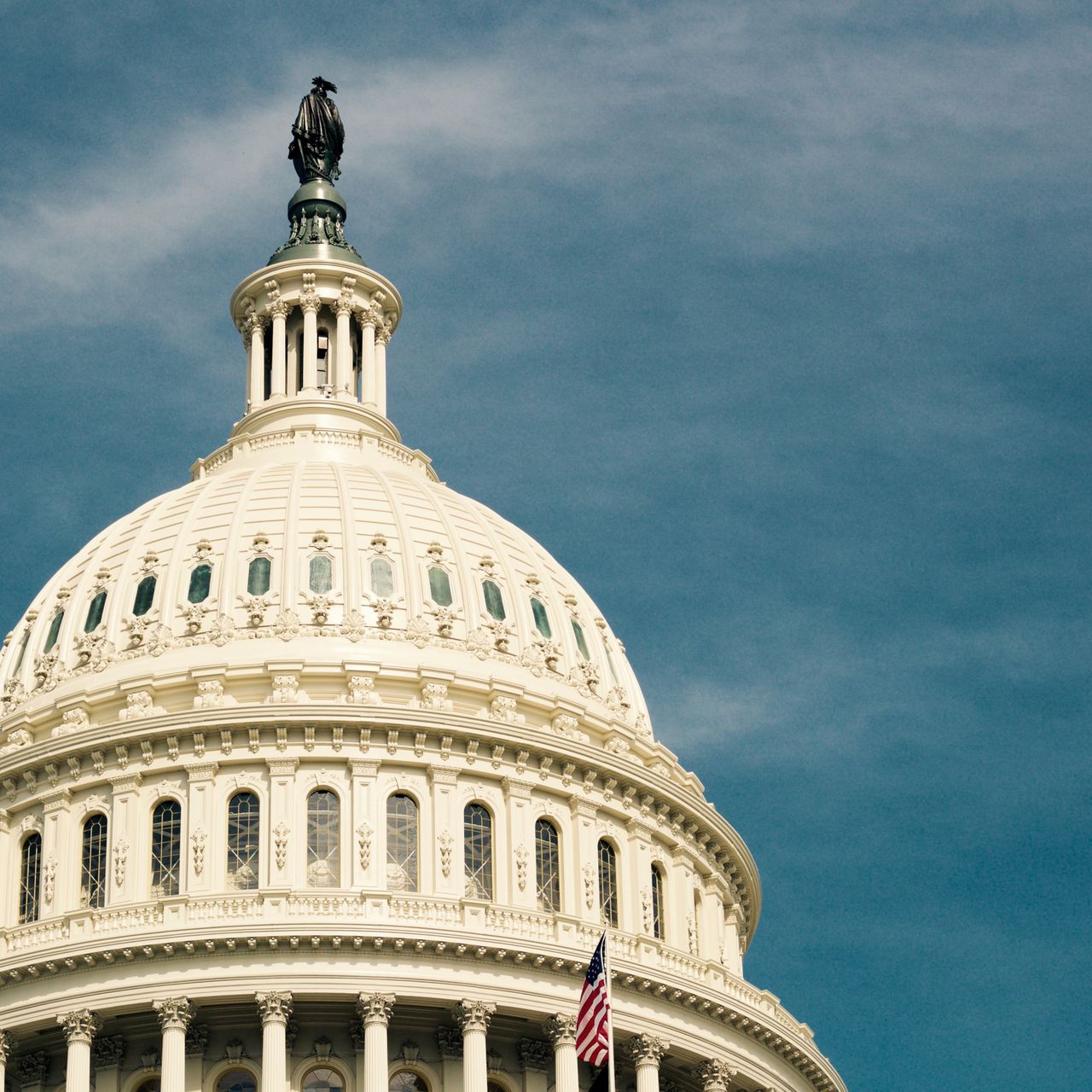Author: Ballotpedia Marquee team staff
-
Adkins wins Republican primary for Kansas’ 3rd Congressional District

Amanda Adkins won the Republican primary for Kansas’ 3rd Congressional District Aug. 4. With 89% of precincts reporting, she led the field of candidates with 31% of the vote. The Associated Press called the race at 9:50 p.m. CDT.
-
Meijer wins MI-03 Republican primary

Peter Meijer won the Republican primary for Michigan’s 3rd Congressional District. With 64% of precincts reporting, he led the field of candidates with 51% of the vote, followed by Lynn Afendoulis with 25%, and Tom Norton with 18%. Decision Desk HQ called the race at 8:12 p.m. Central Time.
-
Harris bulks up campaign in Iowa, reduces staff in Maryland
October 31, 2019: Kamala Harris is restructuring her campaign, sending more staffers to Iowa and reducing staff at her Maryland headquarters. Donald Trump ran a campaign ad during the final night of the World Series on Wednesday. Here’s the latest from the campaign trail. Notable Quote of the Day “Last week, two polls painted two…
-
Twelve candidates compete in Houston’s mayoral election, one of 31 mayoral races in the country this year
Incumbent Sylvester Turner and eleven challengers will compete in the November 5, 2019, general election for mayor of Houston, Texas. If no candidate receives more than 50% of the vote, the top two general election candidates will participate in a runoff election on December 14, 2019. Of the 11 candidates running against Turner, local…
-
Trump appointed second-most federal judges through September 1 of a president’s third year
Donald Trump appointed and the Senate confirmed 146 Article III federal judges through September 1, 2019, his third year in office. This is the second-most Article III judicial appointments through this point in a presidency of all presidents dating back to Theodore Roosevelt. Only Bill Clinton, with 165 judicial appointments, had more. The average…
-
How has the United States acquired new territories?
Since the United States Constitution’s ratification in 1789, the country has grown from 864,746 square miles to 3,531,905 through territorial acquisitions. According to the U.S. Department of the Interior’s Office of Insular Affairs, the United States has employed three methods of territorial acquisition: Cession refers to a transfer of land that is formally agreed upon…
-
Cameron and Stumbo compete in Kentucky attorney general election, one of seven Kentucky state executive races this year
Daniel Cameron (R) and Gregory Stumbo (D) are running in the general election on November 5, 2019, for Attorney General of Kentucky. Cameron won the Republican primary election on May 21, while Stumbo ran unopposed in the Democratic primary. Democrats have held Kentucky’s Attorney General office since 1952, but recent election history suggests that…
-
Trump has fourth-most federal judges, most appeals court judges confirmed at this stage of last 13 presidents
President Donald Trump made 104 Article III federal judicial appointments through May 15, 2019. How does that figure compare to other modern presidents at this stage of their terms? We looked at the numbers from the last 13 presidents, dating back to Harry Truman. Article III judges are lifetime appointments to the U.S.…



